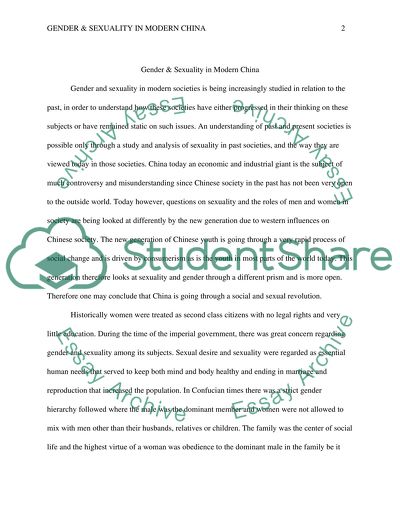Cite this document
(“Confucianism Essay Example | Topics and Well Written Essays - 1250 words”, n.d.)
Confucianism Essay Example | Topics and Well Written Essays - 1250 words. Retrieved from https://studentshare.org/miscellaneous/1636581-confucianism
Confucianism Essay Example | Topics and Well Written Essays - 1250 words. Retrieved from https://studentshare.org/miscellaneous/1636581-confucianism
(Confucianism Essay Example | Topics and Well Written Essays - 1250 Words)
Confucianism Essay Example | Topics and Well Written Essays - 1250 Words. https://studentshare.org/miscellaneous/1636581-confucianism.
Confucianism Essay Example | Topics and Well Written Essays - 1250 Words. https://studentshare.org/miscellaneous/1636581-confucianism.
“Confucianism Essay Example | Topics and Well Written Essays - 1250 Words”, n.d. https://studentshare.org/miscellaneous/1636581-confucianism.


